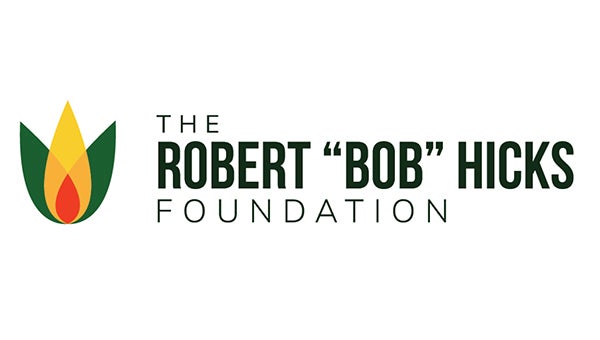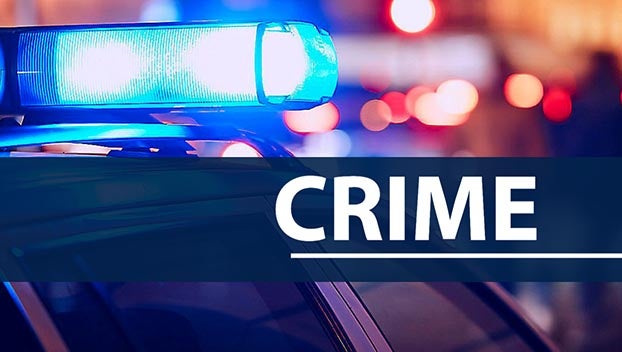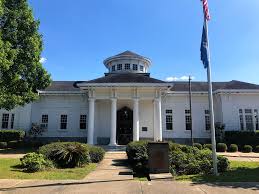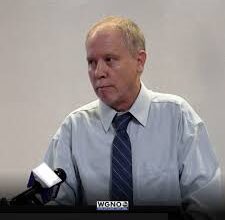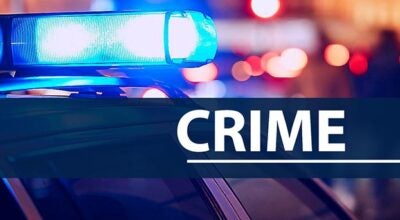Hicks Foundation announces new digital archive
Published 11:20 am Tuesday, January 18, 2022
|
Getting your Trinity Audio player ready...
|
The Robert “Bob” Hicks Foundation is pleased to announce that a new digital collection of primary source materials about the Bogalusa Civil Rights Movement and early Bogalusa history is now available online at the Louisiana Digital Library (louisianadigitallibrary.org/hicks) and on the Hicks Foundation website (https://www.hicksfoundation.org/archive).
The foundation will also soon release a 12-sided historical brochure, “Why Bogalusa Matters,” which introduces some of the main events of the Bogalusa Civil Rights Movement and offers a guide to historic Bogalusa sites for the benefit of educators and visitors to Bogalusa.
The brochure and digital collection were created by the Robert “Bob” Hicks Foundation in partnership with the Tangipahoa African American Museum and Veterans Archive, and made possible in part through a grant from the Institute of Museum and Library Services.
A small Louisiana paper mill town, Bogalusa is little known today, but in the 1960s, it gave rise to one of the most powerful and tumultuous civil rights movements in the country. Faced with oppression and violence from a seemingly all-powerful local Ku Klux Klan, the black citizens of Bogalusa stood up and fought to obtain equal rights and opportunities with almost daily protests, boycotts and “testing” of public accommodations. They were protected by the Bogalusa Deacons for Defense and Justice, a self-defense organization of black men who patrolled black neighborhoods and provided armed protection to civil rights workers.
The collection includes audio and video oral histories, photographs, public and legal documents, news articles and memoirs that shed new light on the origins and lived experience of the Bogalusa Civil Rights Movement and the Bogalusa Deacons for Defense and Justice. Some of the featured materials include:
- Candid photographs of Bogalusa civil rights leaders, including A.Z. Young and Charles Sims, and visiting civil rights workers taken by Berkeley Campus CORE volunteer Anita Levine and Medical Committee for Human Rights (MCHR) volunteers Dottie Williams and Dr. Stanley Rapoport.
- Revealing audio oral histories with Bogalusa civil rights leaders Gayle Jenkins and Robert Hicks, Deacons Royan Burris and Reese Perkins, and civil rights attorneys Lolis Elie and Richard Sobol.
- Photographs of Bogalusa civil rights demonstrations and a rally at Greater Ebenezer Baptist Church led by James Farmer by acclaimed photojournalists Matt Herron and Franklynn Peterson.
- Video oral histories with CORE field secretary Ronnie Moore, Deacon Henry Austan who shot a white man during a 1965 protest, and Gary Duncan, the plaintiff in the Duncan v. State of Louisiana Supreme Court case that secured the right to a jury trial in all 50 states.
- Legal files from landmark federal civil rights cases, including Hicks v. Knight, which placed an injunction on local law enforcement, compelling them to protect civil rights activists instead of assaulting and harassing them; United States v. Original Knights of Ku Klux Klan which crippled the power of the local Klan; and Jenkins v. City of Bogalusa School Board, which compelled the integration of Bogalusa schools.
- Nearly 180 articles and op-eds chronicling the Bogalusa Civil Rights Movement and local government response published in the Bogalusa Daily News between 1965-1967.
- Memoirs of civil rights work in Bogalusa by MCHR volunteer Dr. Stanley Rapoport and Lawyers Constitutional Defense Committee (LCDC) volunteer Rabbi George Driesen.
“Because we are all getting older, it was important to document the Bogalusa Civil Rights Movement and those who participated in it, before it was lost forever,” said Barbara Hicks Collins, founder and director of the Robert “Bob” Hicks Foundation. “This digital collection is, now, available to students, researchers or anyone with access to a computer or smart phone anywhere in the world.”
Copies of the historical brochure, “Why Bogalusa Matters” will be released at the future unveiling of the Louisiana Civil Rights Trail marker at the Robert “Bob” Hicks House in Bogalusa. The brochure will be distributed at local libraries and museums, and available for download on the Hicks Foundation website.
The unveiling was scheduled for Friday, Jan. 14, but was postponed due to the COVID-19 pandemic. A new date has not yet been announced.
For more information or to donate materials to the digital collection, contact Barbara Hicks Collins at rbhicksfoundation@gmail.com.


